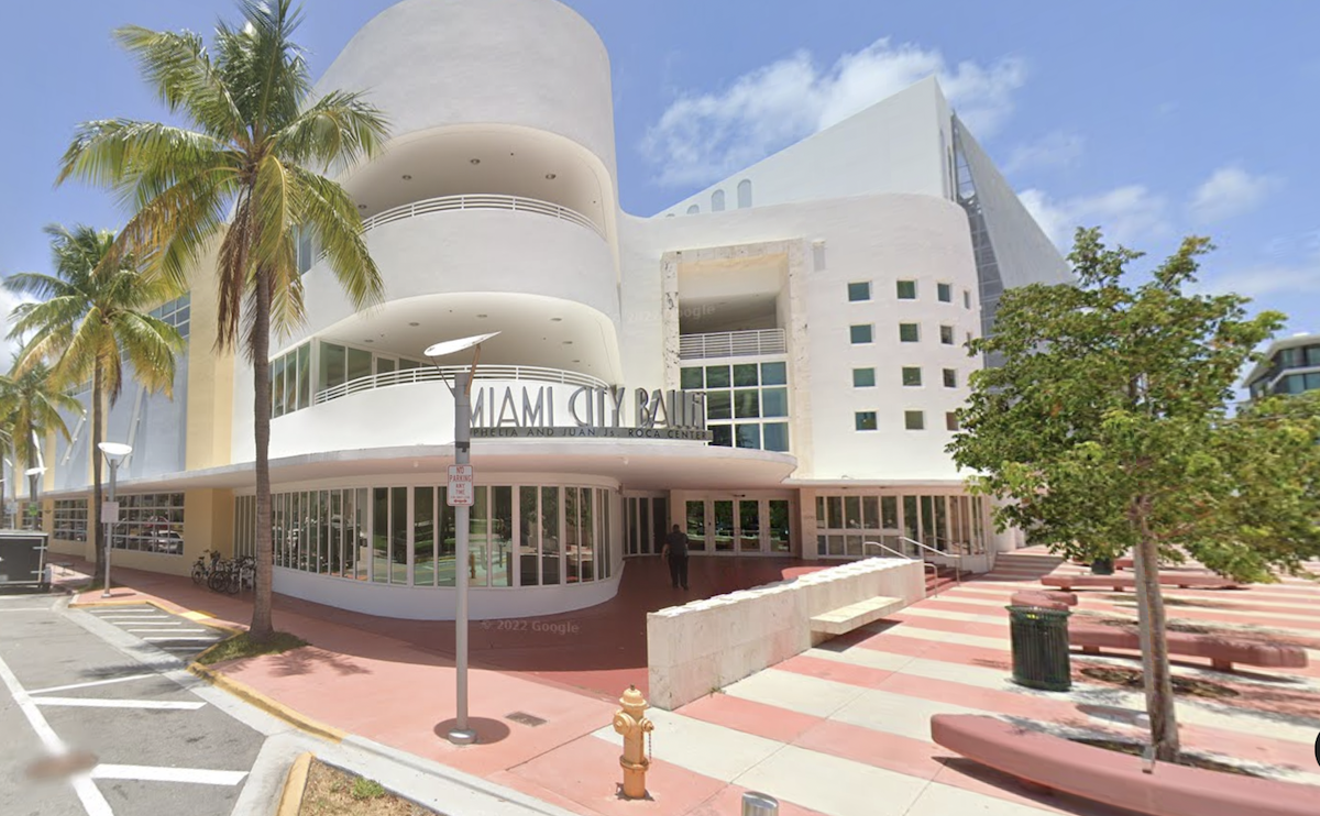Art By God is a Miami institution. Anyone who has been snarled in Biscayne Boulevard traffic has marveled at the bizarre whale bones and taxidermied cave bears in the window. Owner Gene Harris is also locally famous. He has traveled to more than 120 countries in search of treasure. Two years ago the Biscayne Times wrote a feature about him, calling the 76-year-old globetrotting explorer "Indiana Jones without the hair."
But when you deal in dead animals, there is a dark side to your business.
This afternoon, federal prosecutors announced that Harris pleaded guilty yesterday to "illegal rhinoceros trafficking" and could face up to five years in prison.
Harris did not immediately respond to requests for comment. In an email, his daughter directed questions to the family's attorney.
"He is very remorseful," said Jon Sale, an attorney at Broad and Cassell. "He plead guilty because he is guilty. He assumes responsibility for what he did, but it was not trafficking or smuggling. It involved an old horn that was not involved in the slaughtering of rhinos going on today."
"This is totally out of character of what his whole life has stood for," Sale says. "He has traveled all over the world and collected fossils and minerals in order to protect wildlife. He is almost like an institution here in Miami. This is not how he makes his living."
The case against Harris could help to explain why Art By God was abruptly closed a month ago -- almost exactly when feds filed the case against him. At the time, the explanation was simply a warehouse fire.
In reality, Harris's whole life appears to be up in flames.
According to a press release from the United States Attorney's Office for the Southern District of Florida, Harris used his connections to engineer an illegal deal for a California man interested in buying the horns of the incredibly rare and internationally protected black rhinoceros:
Between June 2011 and July 2011, Harris engaged in a series of telephone conversations from Miami with a customer in California to discuss and arrange for the sale of black rhinoceros horns to the customer by a resident of Phoenix, Arizona. Harris reserved airline seats and a hotel room to facilitate his travel from Miami to Phoenix in July 2011. On July 23, 2011, Harris personally drove the customer, to the home of a Phoenix couple who were in possession of a full black rhinoceros shoulder mount, including the two horns of the taxidermied mount.At that meeting, the mount was purchased by the customer for approximately $60,000 in cash, and the rhinoceros horns pried from the head mount. To conceal the nature of the transaction and make it appear that the transaction was solely an intra-state deal, a false invoice was prepared, listing a third-party Arizona resident, also brought to the home by Harris, as the buyer. Harris was paid a "finder's fee" by the California customer of approximately $10,000 for his services in locating the seller and arranging the deal.
The DOJ press release implies that the horns were then shipped overseas, probably to China where, it notes, they are used as libation cups and ornamental carvings. The horns are also often ground up and snorted as they are thought to be an aphrodisiac.
Harris admitted to investigators that he knew the horns would be exported from the country without the proper permits.
He now faces up to five years in prison and a fine of $250,000.
The case is eerily reminiscent of the conviction of Enrique Gomez De Molina, a well known Miami artist who created strange, fantastical creatures out of the taxidermied parts of various rare animals. De Molina was sentenced to 20 months for illegally importing parts of endangered and threatened species, including a cobra, a pangolin, hornbills, and the skulls of babirusa and orangutans. He then used the pieces to create artworks that he sold for as much as $80,000.
In the 2012 Biscayne Times profile, Harris sought to distance himself from animal slaughter, saying he isn't a hunter. "The only thing I kill is time," he said.
"The sculpture of nature is astounding, and that is the reason we sell it,"Harris said, adding that his store is educational. "We sell them as art. It's not that we're out harvesting things out of the field to take into the store and sell."
"We stay away from any purchase or selling of any endangered species or mammal," Harris claimed.
Send your tips to the author, or follow him on Twitter.
Follow Miami New Times on Facebook and Twitter @MiamiNewTimes.











